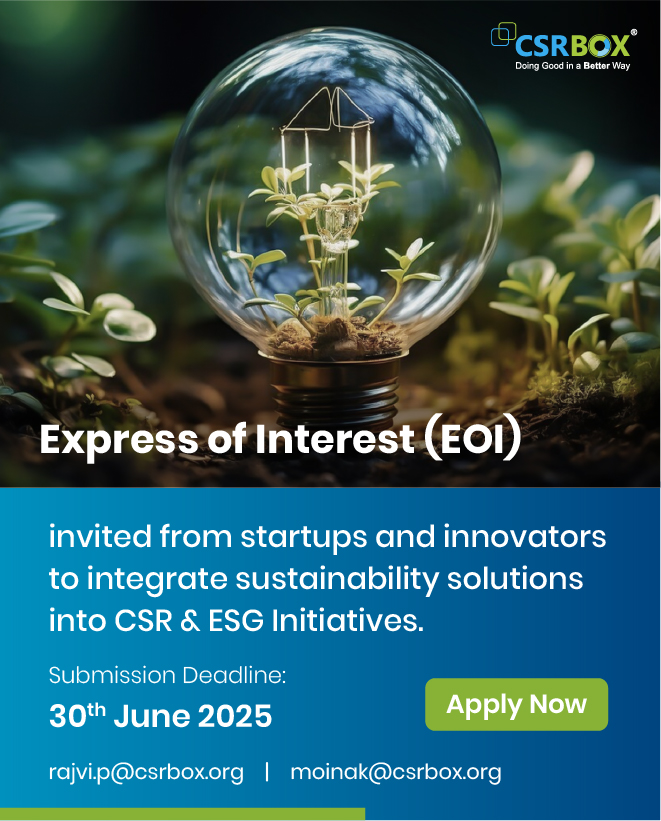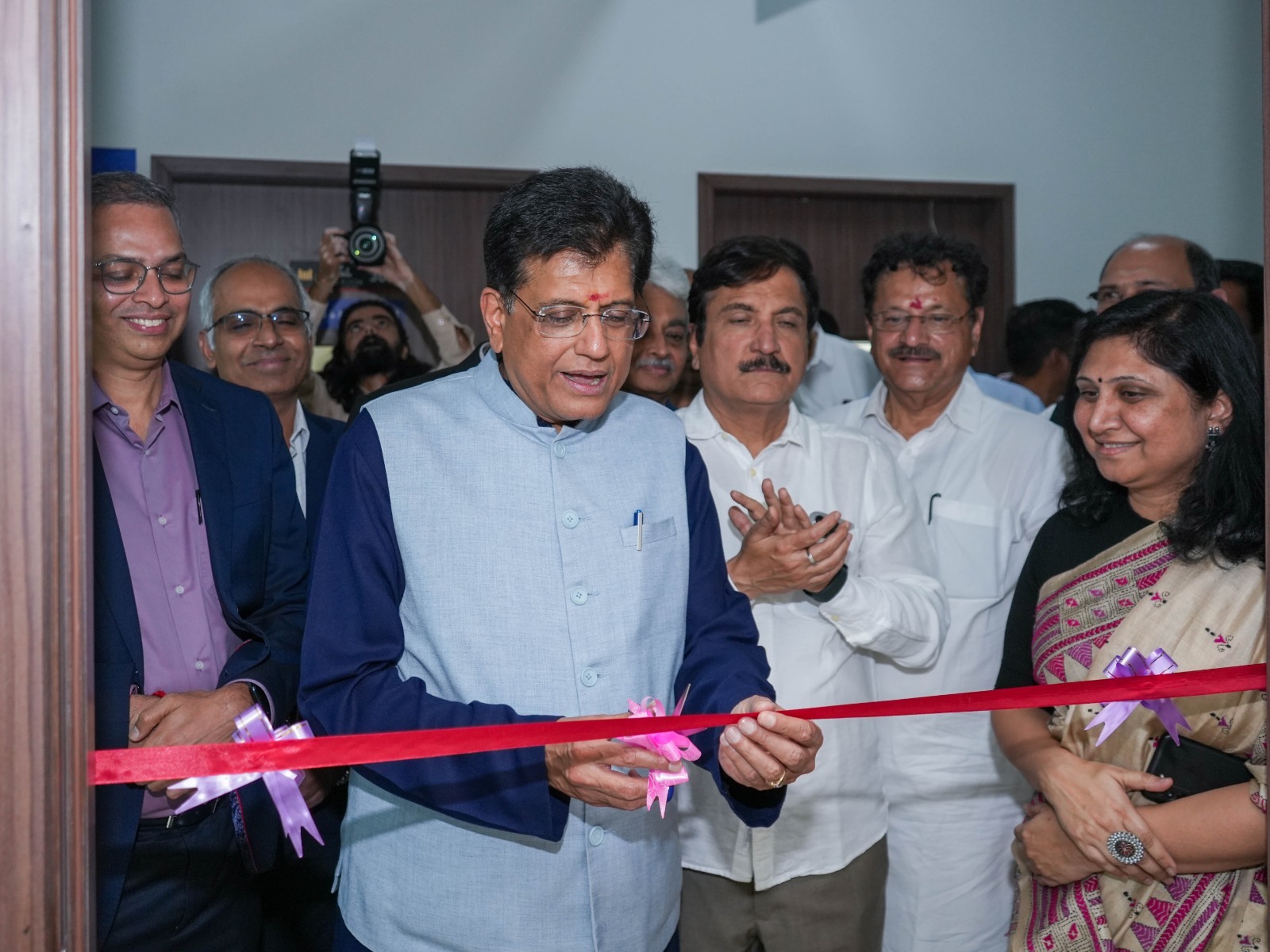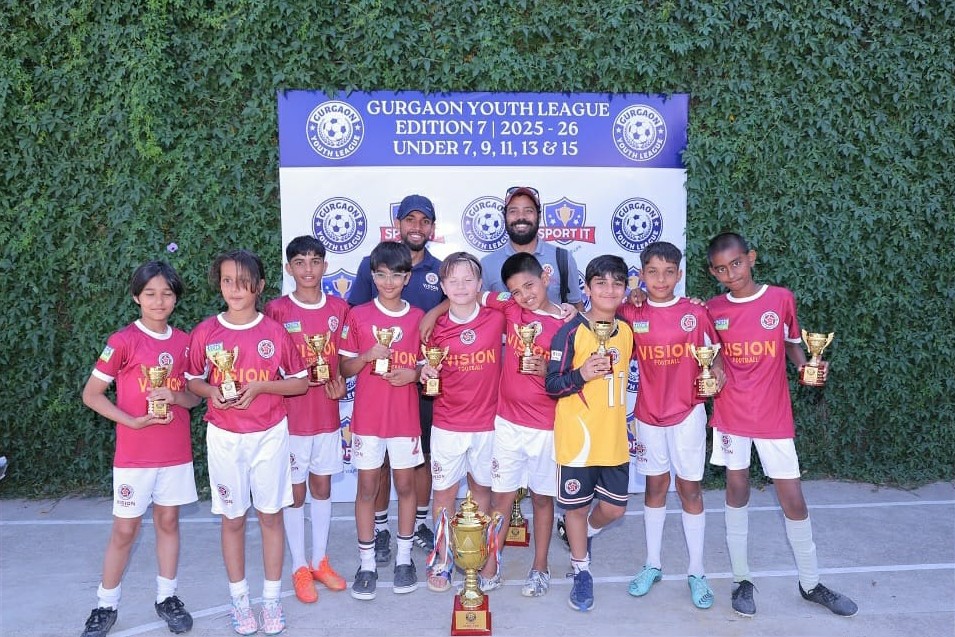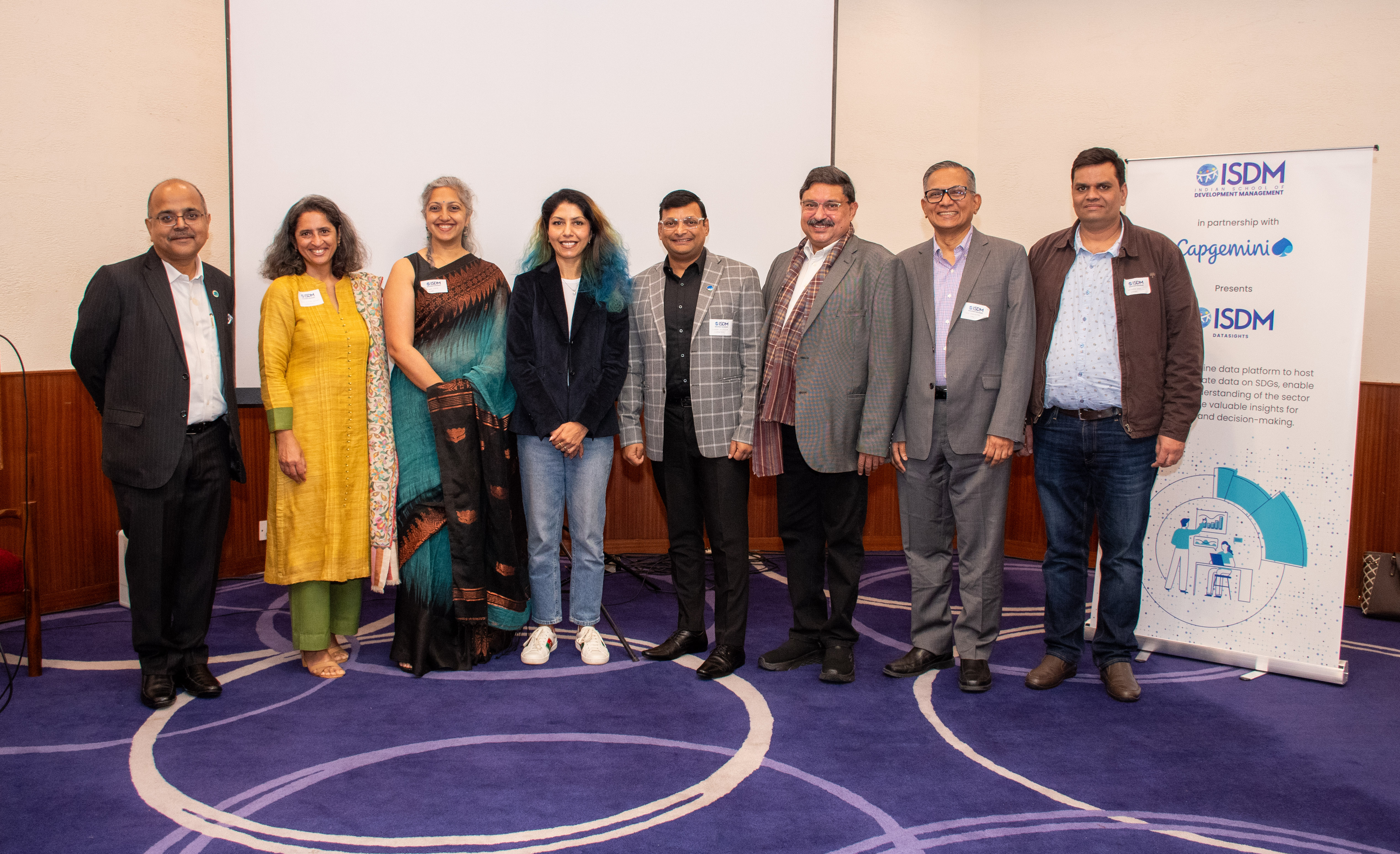Subscribe our Weekly Newsletter
Applications Invited for Research-Practice Partnership (RPP) Grants Program
Organization: Spencer Foundation
Apply By: 31 Oct 2024
Grant Amount: 400000 USD
About the Organization
The Spencer Foundation invests in education research that cultivates learning and transforms lives.
The Spencer Foundation has been a leading funder of education research since 1971 and is the only national foundation focused exclusively on supporting education research.
About the Grant
The Research-Practice Partnership (RPP) Grants Program is intended to support education research projects that engage in collaborative and participatory partnerships with project budgets of up to $400,000 and durations of up to three years. We accept Intent to Apply forms once a year in this program.
We view partnerships as an important approach to knowledge generation and the improvement of education, broadly construed. Rigorous partnership work is intentionally organized to engage diverse forms of expertise and perspectives, across practitioners, scholars, and organizations, as well as disciplines and methods, in knowledge generation around pressing problems of practice and/or policy. Further, RPPs can facilitate the long-term accumulation of knowledge in new ways as researchers and practitioners work together to ask practitioner- and policy-relevant questions on key topics in specific settings over time. Many key problems of practice and policy are historically saturated and require multiple perspectives and long-term engagement if sustainable and systemic change is to occur. Over the long term, we anticipate that research conducted by RPPs will result in new insights into the processes, practices, routines, and policies that improve education for learners, educators, families, communities, and institutions where learning and teaching happen (e.g., schools, universities, community centers, parks, museums, other workplaces).
This grant program is open to existing partnerships between researchers and a broad array of practitioners. For example, practitioners might work in school districts, county offices of education, state educational organizations, universities, community-based organizations, and other social sectors that significantly impact learners’ lives. As such, we define practitioners broadly; they might be policy-makers, out-of-school-time providers and other informal educators, K-12 teachers and leaders, or families and other community members. We are open to applications from design-based research teams, networked improvement communities, place-based research alliances, and a wealth of other partnership arrangements.
We expect the partners in the RPPs we fund to have engaged in fruitful long-term collaborations. How this history is evidenced can vary. For example, teams might have a track record of success as demonstrated by in-process or completed research studies, solutions-in-progress, established trusting relationships, or data-sharing agreements, amongst other possibilities. This grant program is specifically intended to build the capacity of partnerships to make educational change. Effective governance is a key aspect of successful partnerships, and as such, all proposals should specify their governance structures and how the work is jointly developed, as well as how power is shared, across all partners. As noted, while this grant program is open to all partnership configurations across a range of learning contexts, in addition to PreK-12 school systems, we especially encourage applications from partnerships that include scholars and institutions of higher education, rural geographic locations, and in locations outside of the United States, as well as partnerships that deeply engage community-based organizations and families.
Educational Equity
Importantly, we expect that partnerships will foreground issues connected to inequality in education and articulate how their project aims to disrupt the reproduction and deepening of inequities. We welcome projects that seek to disrupt inequities across a range of dimensions including (but not exclusive to) race, ethnicity, language, class, gender, sexual orientation, nationality, geography, political affiliations, religion, and (dis)ability.
Activities that May be Funded
Research is fundamental to every research-practice partnership, and we expect research activities to be the central element of every proposal. In addition to detailing a plan for research, applicants should also prioritize plans for communicating and disseminating key findings and other important partnership activities that have the potential to foster positive educational changes.
The following categories of activities are meant to be illustrative, but not exclusive, of activities in addition to the research that could be funded under this program. We expect proposed activities will be highly related to partnership type and context but will also, at their core, have the potential to make a contribution to improved educational practice and/or policy beyond the specific context in which scholars and practitioners are working.
- Research Activities
- Research Infrastructure
- Outreach, Communications, and Relationship Building
- Capacity Development
Eligibility
Proposals to the Research-Practice Partnership program must be for research and other activities aimed to support collaborative partnerships between academic researcher(s) and a broad array of practitioner(s) of education.
Principal Investigators (PIs) and Co-PIs applying for a Research-Practice Partnership Grant are expected to have an earned doctorate in an academic discipline or professional field, or demonstrated professional experience appropriate for this program. Note: If the PI or Co-PI from the practice/policy side of the partnership does not have an earned doctorate, they are expected to have appropriate professional experience to serve in this role in the partnership. While graduate students may be part of the team, they may not be named the PI or Co-PI on the proposal.
The PI must be affiliated with a non-profit organization or public/governmental institution that is willing to serve as the administering organization if the grant is awarded. The Spencer Foundation does not award grants directly to individuals. Examples include non-profit or public colleges, universities, school districts, and research facilities, as well as other non-profit organizations with a 501(c)(3) determination from the IRS (or equivalent non-profit status if the organization is outside of the United States).
The PI associated with the administering organization for this grant could be either the practitioner/policymaker or researcher of the partnership. At least one Co-PI should be from the other member organization(s).
Proposals are accepted from the U.S. and internationally. All proposals must be submitted in English and budgets must be proposed in U.S. Dollars.
How to Apply
Deadline: October 31, 2024 (12:00 pm (noon) Central time)
For more information please check the Link
Stay in the loop with the newest RFPs and Grants through NGOBOX's WhatsApp Channel. Join now by clicking here!
Latest Online Store
Latest Tenders And EOIs
Latest News
© Renalysis Consultants Pvt Ltd


























